It Is hard – perhaps, for most people, impossible – to imagine, as we wade through the liquid ordure that constitutes the last days of the soft, decadent West – or at least it’s ‘cultural’ institutions – that making something as prosaic as ‘an album’ could actually ask something of it’s progenitor beyond mere vanity and the pursuit of wealth.
But this was the case, indubitably, surrounding the gestation of Nova Akropola, arguably the first definitively great piece of work to emerge from the NSK movement in the mid eighties. Banned by the authorities in their homeland, the artists looked to the West for an outlet for their art under pain of arrest and imprisonment.
NSK – Neue Slowenische Kunst – was a politically-motivated art collective formed in the then Yugoslav-controlled province of Slovenia in 1984, and it’s most public manifestation was the work of Laibach, the subject of this dissertation. Nova Akropola was the ‘band’s’ second album, and perhaps stands as it’s greatest – certainly purest – achievement.
Laibach inspired many artists who went on to flourish within the milieu of ‘Martial Industrial’ music, but to label Nova Akropola as such would be to deny it’s multi-facetted approach to art and the variety to be found within the pieces which make up the collection as a whole. Presented here as a three-CD set with a remastered version of the album and two CDs of live versions of the songs documented between 1985 and 2020, Laibach’s Nova Akropola can now surely be seen as one of the truly great pieces of avantgarde artistry of the late twentieth century. GG
At it’s most accessible – the metal machine music of Die Liebe, say, which sounds like a Bond Theme forced through some sort of industrial grinding process – Laibach’s Nova Akropola appeals at a very simplistic level. But the album goes much further than that, teasing the listener with it’s synthesis of Totalitarian imagery and traditional Slavic/Balkan symbolism to create an album that throws everything at the listener in an attempt not to broadcast a message but to actually obfuscate it. Are they Fascists? Amazingly this question persists to this day, but you couldn’t blame people for the confusion when the record initially came out. Their greatest moment – the take on Opus’ feelgood summer anthem Life Is Life reworked as the anthem for dystopian new States – was yet to come, but Nova Akropola laid the groundwork for this. ‘Our only responsibility is to remain irresponsible’ was a phrase that emerged from the Laibach camp and, despite the serious veneer that attends everything they do, it’s this playfulness, that just about manages to keep tracks like the quasi-imperious Država (The State) from collapsing under the weight of their own pretensions. Or pretentiousness…
This new remastered version offers no real new insights to the album itself, though it does come with some excellent contextualisation in Alexei Monroe’s sleeve notes, but it does offer a nicely curated selections of the album in the live arena collated from the band’s own archive, and as such is probably worth a bit of time and attention if you, like me, count yourself as a fan of this most enigmatic of rock-art-culture-collectives… MS


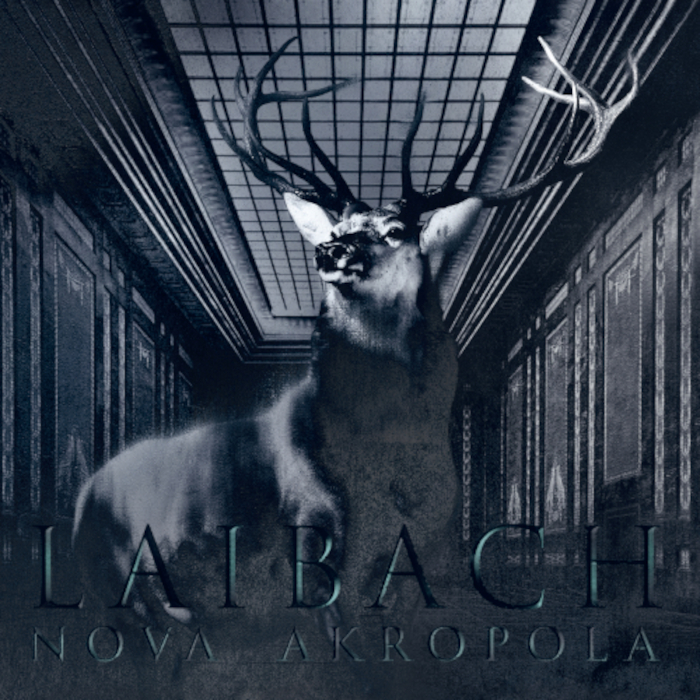

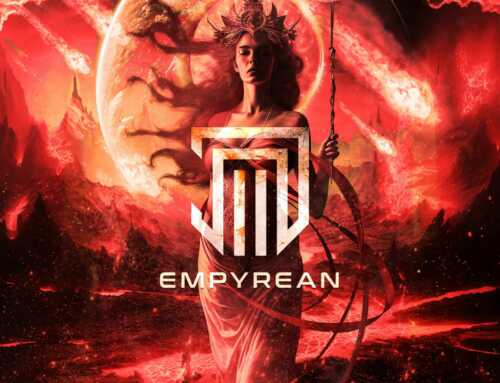
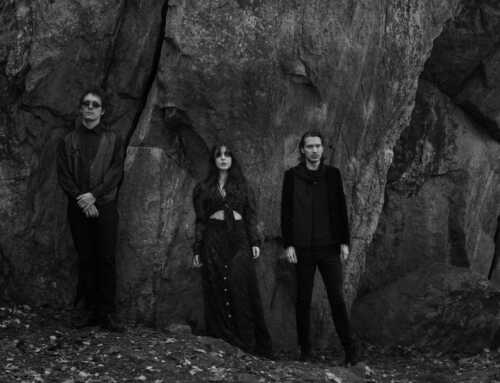
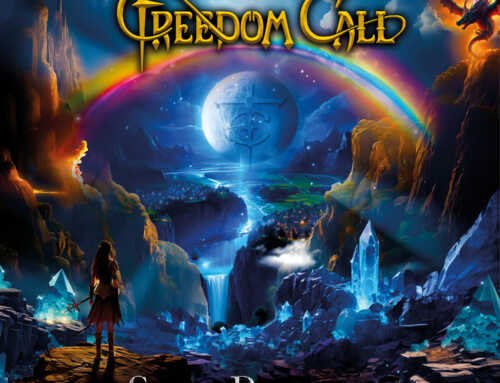
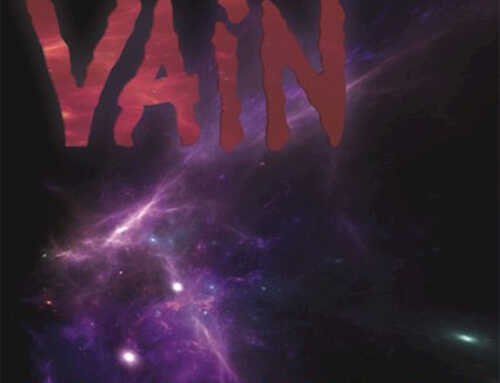
Leave A Comment